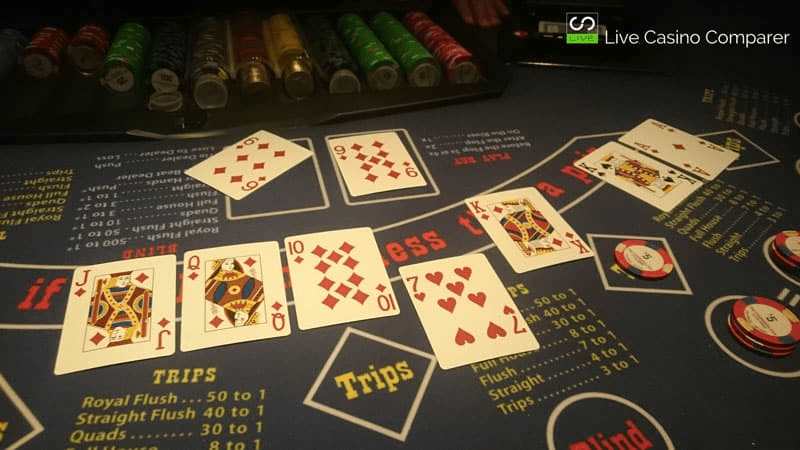Regulatory failure has been a hot topic in Australia recently. Royal commissions into the financial and aged care sectors have revealed major regulatory failures.
The harm done by these oversights has been significant. Regulation is not just red tape. It protects the interests of those who put their faith, money, and in some cases, loved ones, into regulated institutions.
Crown, Australia’s biggest casino operator, has been linked to organised crime, money laundering and fast-tracked visas for big gamblers. All of these issues are the responsibility of gambling regulators.
Yet, regulators appear to have missed it, despite their key role in preventing criminal influence affecting gambling operators.
The Victorian Commission for Gambling and Liquor Regulation has been under scrutiny for some time.
In 2017, the Victorian auditor-general pointed out that VCGLR’s capacity to regulate Crown (and other liquor and gambling venues it also regulates) was underwhelming. In its conclusions, the Auditor observed:
There is a need for VCGLR to improve its oversight of the casino. VCGLR is not able to demonstrate that its casino supervision is efficient or effective as is required for best practice regulation of a major participant in Victoria’s gambling industry.
In 2016-17, gamblers using Crown’s Melbourne casino lost A$1.56 billion. The Victorian government’s share of this, via tax revenue, was A$207.7 million. The Crown casino in Perth relieved its patrons of A$622.8 million. The WA government got A$61.9 million of this.
This revenue is important to cash-strapped state governments. With few sources to raise revenue, and many big-ticket items to fund, states need revenue.
Yet, Crown has many advantages when compared to its rivals in the gambling business. It operates monopoly casinos in both Victoria and WA, pays a low tax rate compared to its suburban rivals in Victoria (pub and club pokies pay about 37% of gambling revenue to the state), and has far fewer constraints on its operations.
In Victoria, for example, Crown has smoking areas inside the casino, has unlimited bets on many of its pokies, has ATMs on-site, can operate 24 hours a day, and appears to be able to get planning approval without any of the usual fuss.
In the case of the proposed development at Barangaroo on Sydney Harbour, its unsolicited bid for a skyscraper with casino, luxury apartments and a hotel sailed through with support from both government and opposition.
Crown clearly enjoys beneficial access to decision makers. This also appears to extend to regulators.
Regulators are supposed to be concerned with protecting vulnerable people and minimising harm. But evidence suggests that in this area, they have also failed.
The day-to-day exploitation of the ordinary gamblers who contribute most of the money that goes into gambling industry in Australia (about A$24 billion every year) attracts less interest, but is arguably at least as important.
However, these are the tip of the iceberg. The exploitation of vulnerable people by gambling operators across the country needs its own inquiry, and governments need to find the will to regulate in the genuine interests of ordinary people.








0 Comments